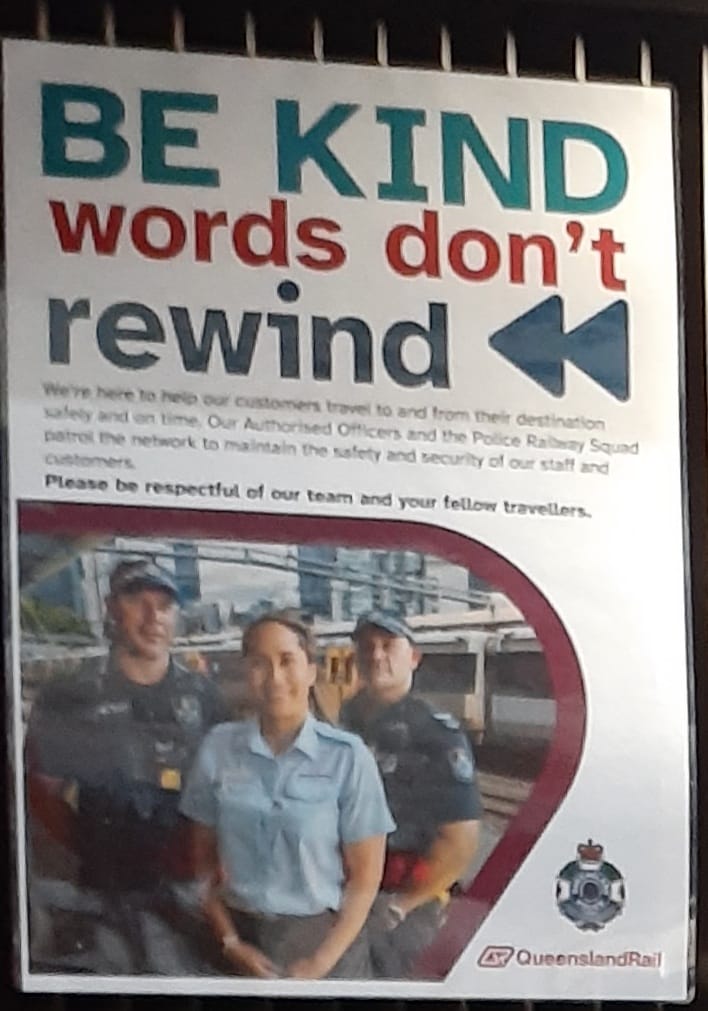“No culture can live if it attempts to be exclusive”. – Mahatma Gandhi
The Festival of Migrations and Cultures, one of Luxembourg’s most important annual events organised by the Comité de Liaison des Associations d’Étrangers ( CLAE), took place last February 24-25. There were more than 30,000 visitors and 400 stands. I heard at least a dozen languages spoken by people who visited my English Language Lovers booth.
The multiculturalism of Luxembourg (known as the Grand Duchy), with about 660,000 residents, was showcased. Luxembourg is the seventh-smallest country in Europe and has borders with Belgium to the west and north, France to the south (where I live), and Germany to the east. Its official languages are Luxembourgish, French, and German. It is one of the four institutional seats of the European Union (EU); the others are in Brussels, Frankfurt, and Strasbourg. The EU institutions have 24 official languages; English is one of them.
Last week’s event reminded me of Australia’s multicultural festivals (or even private gatherings and national celebrations that look like the United Nations’ party).

In 2018, the New Internationalist (NI) listed these ten steps to world peace: start by stamping out exclusion, bring about true equality between women and men, share out wealth fairly, tackle climate change, display less hubris, make more policy change, protect political space, fix intergenerational relations, build an integrated peace movement, and look within – peace starts with you. (https://newint.org/features/2018/09/18/10-steps-world-peace accessed on 10/02/2024)
NI’s suggestions are needed more than ever, notably with what is happening in Ukraine and the Middle East.
Connecting with people helps change thoughts, perceptions, and actions; multicultural gathering is one practical way to do this. Why? Because:
- It helps us better understand the differences and similarities between people.
- It promotes open-mindedness among different groups of people and dispels negative stereotypes.
- It provides opportunities for the mutual sharing of traditions and cultures.
- It encourages the exchanging of information and perspectives, leading to a peaceful neighbourhood, workplace, and society.
“Peace is not just the absence of conflict; peace is the creation of an environment where all can flourish, regardless of race, colour, creed, religion, gender, class, caste, or any other social markers of difference.”— Nelson Mandela (1918-2013, first Black president of South, i.e. from 1994 to1999).
*The world has evolved; race doesn’t exist, but ethnicity does. Gender identity is wide-ranging from masculinity, femininity, and transgender to agender (genderless or neutral – neither male nor female nor a combination of male and female).







